‘King of Iraq’ has an odd ring even to those who know that Iraq was called Mesopotamia and was part of the Ottoman empire before falling into and out of the clutches of the British. Many people, including Iraqis, seem unaware that it was a monarchy until 1958. Some 45 years after its overthrow, members of Iraqi families that flourished in those royal days launched ambitious plans to restore the monarchy after Saddam Hussein’s demise.
Already a subscriber? Log in
Subscribe for just $2 a week
Try a month of The Spectator Australia absolutely free and without commitment. Not only that but – if you choose to continue – you’ll pay just $2 a week for your first year.
- Unlimited access to spectator.com.au and app
- The weekly edition on the Spectator Australia app
- Spectator podcasts and newsletters
- Full access to spectator.co.uk
Unlock this article
Available from the Spectator Bookshop, £25.00. Tel: 08430 600033
You might disagree with half of it, but you’ll enjoy reading all of it. Try your first month for free, then just $2 a week for the remainder of your first year.

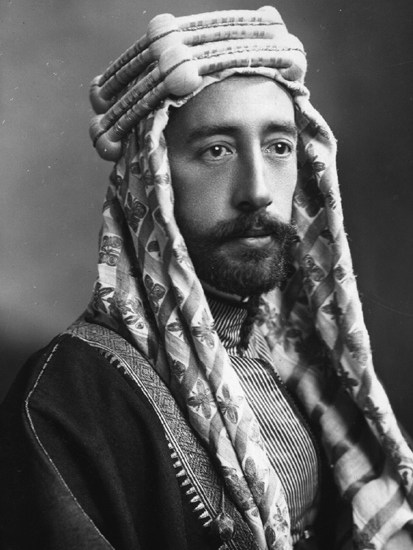
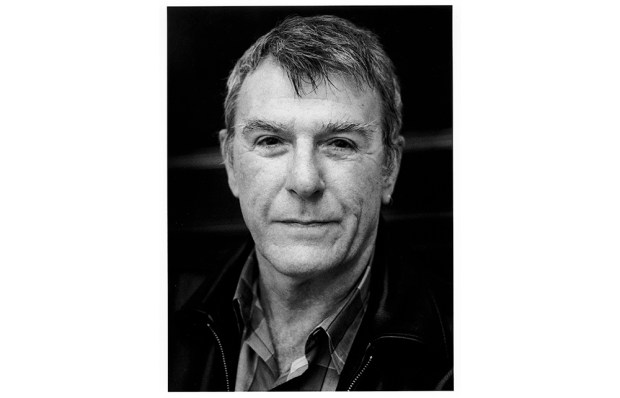
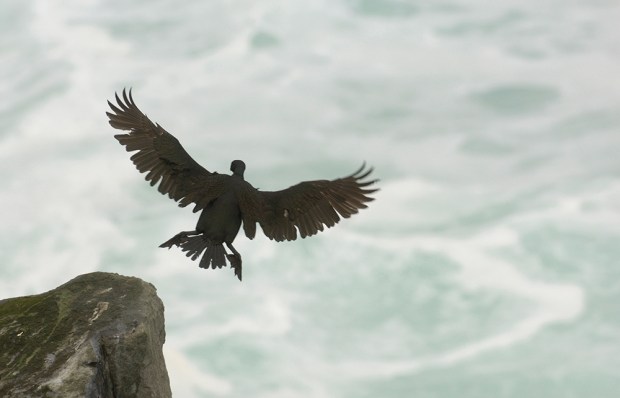
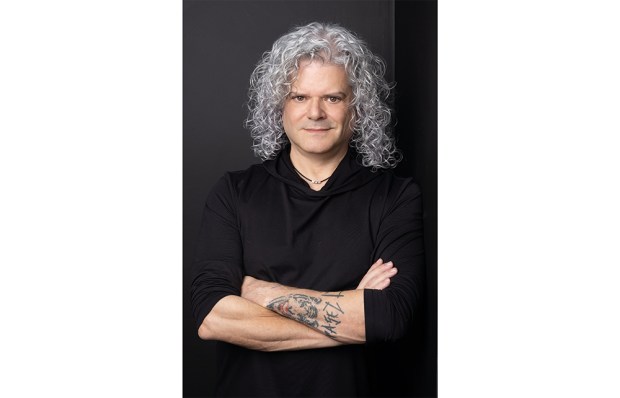
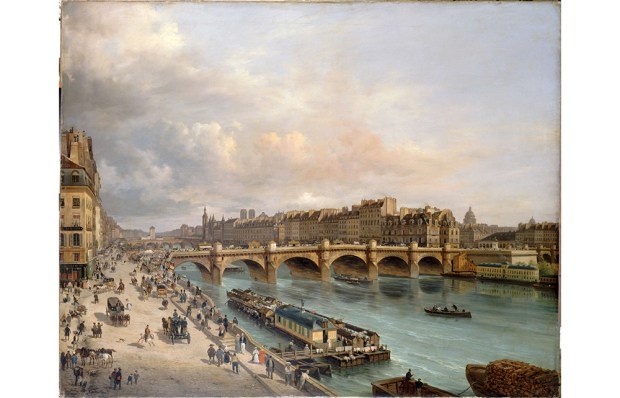








Comments
Don't miss out
Join the conversation with other Spectator Australia readers. Subscribe to leave a comment.
SUBSCRIBEAlready a subscriber? Log in